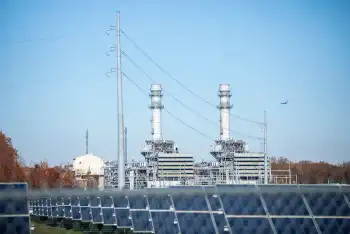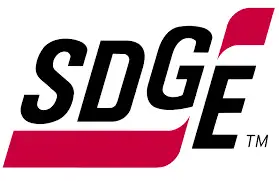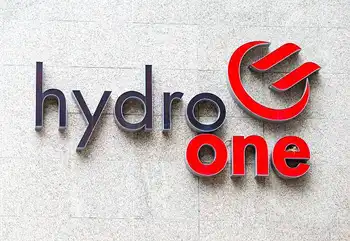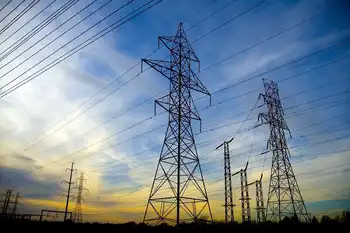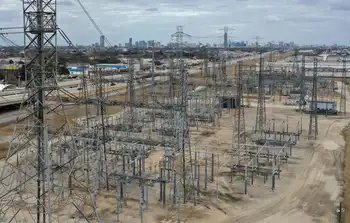Quebec opens two EV charging stations in Montreal area
By Hydro Quebec
CSA Z462 Arc Flash Training - Electrical Safety Essentials
Our customized live online or in‑person group training can be delivered to your staff at your location.

- Live Online
- 6 hours Instructor-led
- Group Training Available
In line with the Québec government's efforts to encourage transportation electrification, the Minister of Energy and Natural Resources and Minister responsible for the Northern Plan and the Lanaudière and Laurentides regions, Pierre Arcand, the MNA for Maskinongé, Marc H. Plante and the Vice President - Public and Government Affairs at Hydro-Québec, Pierre-Luc Desgagné, are pleased to announce the inauguration of the first location of the Québec-Montréal Electric Charging Corridor. Two charging stations, including a fast-charging station, are now available to drivers of electric vehicles at the Baie-de-Maskinongé rest area.
The Québec-Montréal Electric Charging Corridor will be the first fast-charging corridor in Québec. "Québec's commitment to transportation electrification is stronger than ever and its expertise will be showcased by this project. The installation of charging stations such as the one being inaugurated today will encourage the population to opt for this technology and purchase an electric vehicle," stated Mr. Arcand.
In collaboration with Hydro-Québec, the Québec government is currently working on a pilot project to install 12 charging stations for electric vehicles EV: seven 240-V charging stations and five fast-charging stations. They will be located in seven sites along Highway 40 and Route 138, between the cities of Québec and Montréal. All of the charging sites will be commissioned during fall 2014. The objective is to allow EV drivers to test the fast-charge service over an intercity link, within the Electric Circuit.
The charging sites, with the exception of the one in Trois-Rivières, are located in rest areas or in one of the municipalities of the village-relais network and are no more than 60km apart. All charging stations are near restaurants open 24/7, and accessible to EV users during the charging period, with no obligation to make a purchase.
"This pilot project represents an important milestone in the development of a leading-edge, Québec-based industry in a promising field. I am proud that the county of Maskinongé and the Mauricie region are at the heart of this project," noted Mr. Plante.
Pierre-Luc Desgagné, Vice President - Public and Government Affairs at Hydro-Québec and Electric Circuit representative, noted that "the inauguration of the Québec-Montréal quick-charge corridor is an important milestone for the Electric Circuit. While maintaining our rollout pace for 240-V charging stations, the addition of several fast-charge stations in our network will keep us in step with the market in meeting the needs of electric vehicle drivers in Québec."
Québec's commitment to transportation electrification has been evident for several years, namely through the 2011-2020 Action Plan for Electric Vehicles and the Transportation Electrification Strategy launched in November 2013. The large-scale rollout of electric vehicles will significantly help reduce greenhouse gas emissions related to passenger transportation thanks to Québec's renewable energy - hydropower.
Given the actions taken by the Québec government since 2011 to increase the use of electric vehicles, Québec is now clearly positioned for the rollout of a public charging network across its territory, in partnership with the Electric Circuit.
The Electric Circuit is the largest public charging network in Québec. It is a major initiative in providing the charging infrastructure required to support the adoption of plug-in electric vehicles in Québec.





